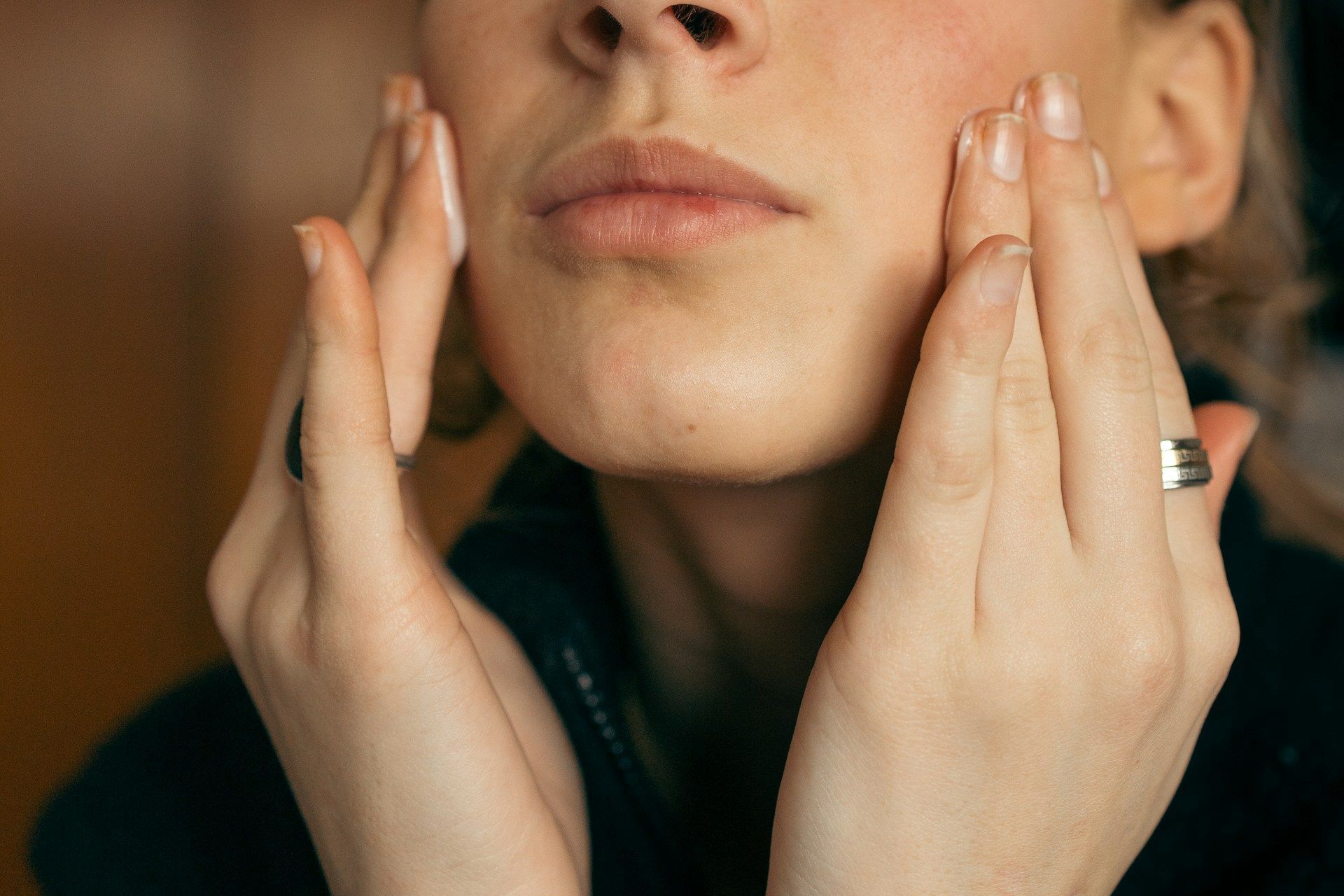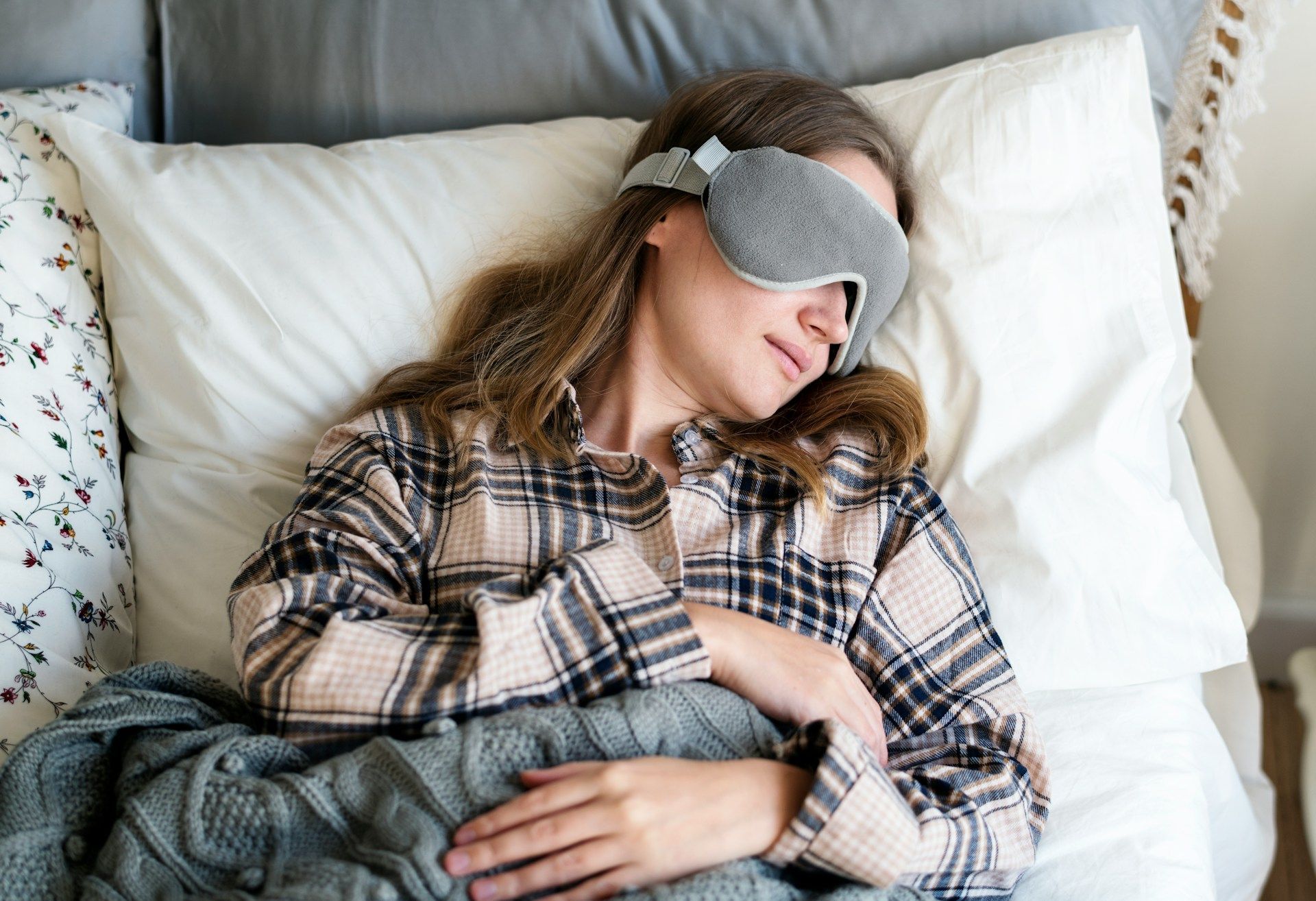Best Sleep Positions for Reducing Snoring and Improving Rest

Have you ever wondered why some nights you sleep soundly while other nights you're frequently waking up or dealing with a snoring issue? At The Center For Sleep Apnea and TMJ, we frequently address concerns about sleep quality and disturbances related to snoring. One often overlooked aspect of managing these issues effectively is the position in which you sleep. Through our work, we've found that the position of your body during sleep can greatly influence not only the quality of your rest but also the severity of snoring.
Dr. Cameron Kuehne, our expert in sleep health, emphasizes that by making small adjustments to your sleeping posture, you can experience noticeable improvements in sleep quality and a reduction in snoring. It's not just about having a good mattress or pillow, though those are important too, but about finding the right sleep position that aligns with your body's needs.
Through this article, we aim to share insights that will help you understand the critical role sleep position plays in ensuring a restful night. Join us as we explore how small changes can lead to big improvements in your sleep health.
Why Your Sleep Position Matters for Snoring and Sleep Quality
Understanding the influence of sleep positions on snoring and rest is crucial in unlocking better sleep health. When you sleep, muscle relaxation occurs throughout the body, including the throat. The position of your body can either exacerbate or alleviate the narrowing of airways, which significantly impacts snoring intensity and frequency. At our Center, Dr. Cameron Kuehne helps us explore how certain sleep positions create a more open airway, facilitating easier breathing and less snoring.
More specifically, the supine position, or sleeping on your back, tends to worsen snoring and sleep disruptions because in this position, the base of your tongue and soft palate collapse to the back wall of your throat. This causes a vibrating sound during sleep, known as snoring. We encourage exploring other positions that can help mitigate these effects, promoting not just quieter sleep but deeper and more restorative sleep as well.
Top Sleep Positions to Minimize Snoring and Maximize Rest
Finding the right sleep position can make a significant difference in managing snoring and enhancing overall sleep quality. We at the Center, along with Dr. Cameron Kuehne, recommend trying side sleeping as a highly beneficial position for many individuals suffering from snoring. Lying on your side helps keep the airways open and reduces the collapse of the soft tissues in the throat, which minimizes snoring. To support this shift, consider using body or pregnancy pillows for additional comfort and stability.
Elevated sleeping is another strategy to consider. By raising the head of your bed slightly, you encourage better airflow, which can decrease snoring and improve breathing. Simple adjustments like using a wedge pillow or investing in an adjustable bed base can make this position easier to maintain throughout the night. These positions are not just solutions for minimizing snoring; they also foster improved circulation and better alignment of the spine, contributing to overall sleep quality and health.
Adjustments to Enhance the Benefits of Proper Sleep Positions
Implementing the right sleep position is just the first step toward better sleep health. To truly maximize the benefits, we also recommend making a few key adjustments. Using the correct support pillows can be transformative. For side sleepers, a firm pillow between the knees can help maintain the alignment of the hips and reduce strain on the lower back. Additionally, opting for an ergonomic pillow under the head can align the neck and spine, preventing any undue stress on these areas.
We also advise our patients to consider their mattress's firmness and support. A mattress that is too soft may cause the body to sink, misaligning the spine and possibly worsening snoring and obstructive sleep apnea symptoms by restricting air passages. On the other hand, a mattress that is too firm can increase pressure points and discomfort, leading to frequent waking and changing positions throughout the night. Choosing a mattress that supports the natural curve of the spine while also providing comfort can significantly enhance the quality of your sleep.
Specific Recommendations from Dr. Cameron Kuehne for Optimal Sleep Posture
Dr. Cameron Kuehne, with years of experience at The Center For Sleep Apnea and TMJ, provides specific recommendations to patients depending on their unique conditions. For instance, he often advises those with significant snoring issues or mild sleep apnea to try positional therapy—which involves sleeping on the side rather than the back to prevent the tongue from blocking the airway.
Moreover, Dr. Kuehne endorses the use of adjustable beds for patients who prefer sleeping on their backs but suffer from snoring or sleep apnea. By elevating the head, these beds can help keep airways open throughout the night. He stresses the importance of personalizing the sleep environment to suit individual health needs and preferences, which is something we always focus on during consultations.
Conclusion
As we continue to explore ways to improve sleep quality and reduce snoring, remember that small changes in how and where you sleep can make a significant difference. Dr. Cameron Kuehne and the rest of our team here at The Center For Sleep Apnea and TMJ are dedicated to helping you achieve the best possible rest.
If you are struggling with sleep-related issues, don't hesitate to reach out to our Meridian sleep apnea doctor. Together, we will work toward a solution that ensures peaceful nights and energetic days. Visit our Center in Meridian for personalized care and expert advice tailored just for you.
Contact Us
The Center for Sleep Apnea & TMJ
1718 S Millennium Way, Meridian, ID 83642
Phone: (208) 376-3600
Fax: (208) 376-3616
All Rights Reserved
The Center for Sleep Apnea & TMJ
All Rights Reserved - Accessibility Statement
The Center for Sleep Apnea & TMJ










